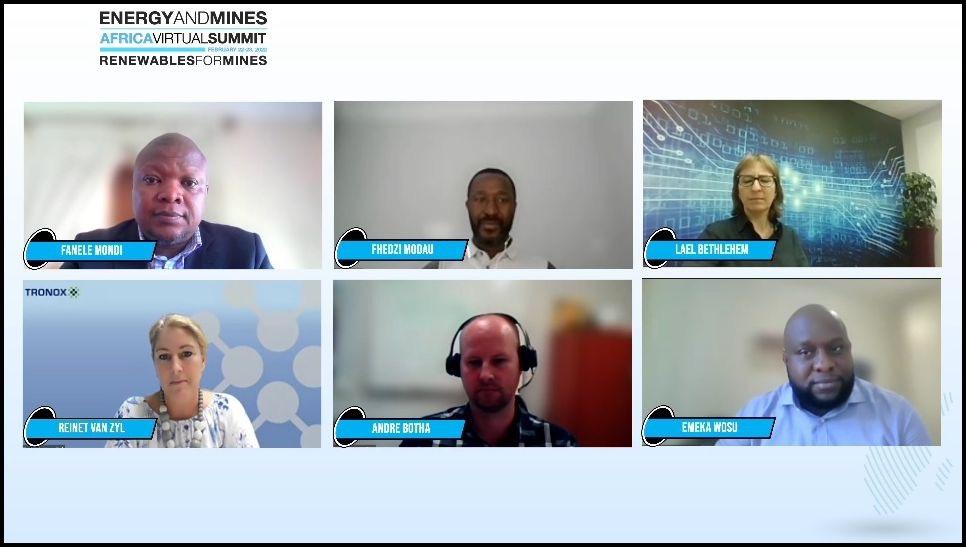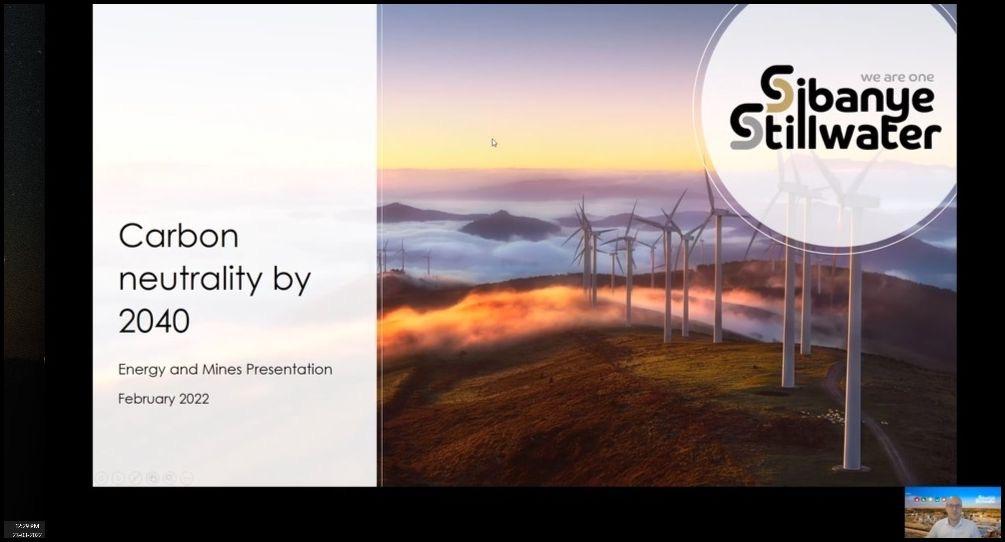
2 minute read
Henk Langenhoven, Chief Economist, Minerals Council South Africa
AFRICA EVENT REPORT
POD 3 : UTILITY-SCALE RENEWABLES AND STORAGE FOR SOUTH AFRICAN MINES
Advertisement
MINING’S ROLE IN SOUTH AFRICA’S ENERGY TRANSITION
Henk Langenhoven, Chief Economist, Minerals Council South Africa
Henk Langenhoven drew attention to the dire situation of electricity supply in South Africa, an economy that is very energy intensive. In a study he found that the different sectors that are using more than the average amount of electricity per one unit of GDP employed 40% of the country’s people, generated about 42 or 43% of the GDP, and accounted for 70% of exports. Langenhoven also cites a study by the Council for Scientific and Industrial Research which had projected a power shortage of 4,500 - 5,000 MW in South Africa by 2022. That deficit is already a reality, he asserts. All this is leading up to the urgency for self-generation of power by the country’s mining industry. Another set of statistics from Henk: The mining sector buys about 15% of all electricity generated in South Africa, and if you add the smelters, that percentage goes up by another 10%.
However, due to the high cost and unreliability of energy supply, as many as 50 smelters are currently mothballed. This has serious implications for
AFRICA EVENT REPORT
POD 3 : UTILITY-SCALE RENEWABLES AND STORAGE FOR SOUTH AFRICAN MINES
employment, exports and foreign exchange reserves. Unfortunately, though the enhancement of the self-generation limit to 100 MW is welcome, on the ground, there are many bureaucratic hurdles that essentially nullify the advantage of registration versus licensing for self-generation. Langenhoven has a number of suggestions to expedite self-generation by miners. These include not having to conduct a fresh EIA when an earlier one is available for the site, for example, a decommissioned Eskom site.
He suggests that miners having excess self-generated energy should have the means to trade it. Also, that Eskom’s wheeling framework should become a national framework, to achieve standardisation. These, and other initiatives including building out transmission infrastructure and land reforms, need to come from the government on a war footing. As far as the mining industry is concerned there is no shortage of self-generation proposals. “When we did a study a year ago, the companies were telling us there was about 2.4 gigawatts of projects in the pipeline,” says Henk. “When we did it last year in December, that number has gone up to nearly four gigawatts. So you can see the growing interest in this.”











